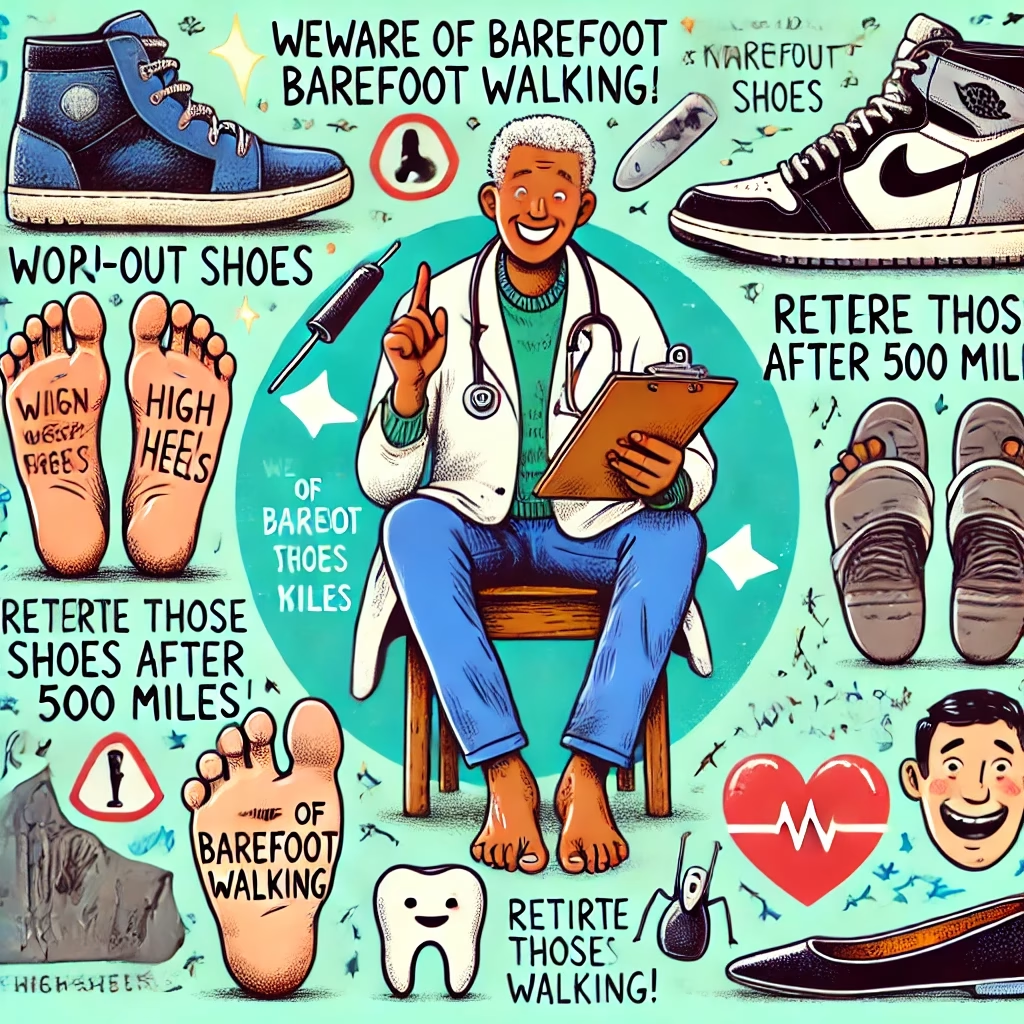Mankind has a curious habit of reaching for quick fixes, and more often than not, those fixes come in a bottle no bigger than a pocket flask. Tylenol—our trusted companion for every headache, fever, and ache—sits on the nightstand like a silent priest, ready to absolve us of our discomforts. But, as is so often the case, the cure can have a sting in its tail. The White House now whispers that what we thought was a harmless helper might, in certain cases, be nudging unborn children down a path toward struggles like autism. That, my friends, is a reminder that every coin has two sides, and sometimes the side we don’t look at is the one that costs us most dearly.
So here we are, caught between the devil of pain and the deep blue sea of unintended consequence. The bottle still sits on the nightstand, but now it stares back at us with a question: how much comfort today is worth the risk tomorrow? Science hasn’t settled the matter, but it has pulled back the curtain just enough to remind us that nature keeps a tighter ledger than any accountant in Washington. Perhaps the wisdom is this: respect the little white pill, keep your face in the sunlight, and never trust a medicine—or a government—that insists it has no downside.
Finally my personal thoughts, Autism is out of control and we have to do something about it if we can. Do I believe that Tylenol is the cause, no. There are multiple causes. I think sunlight or lack of it might have more to do with it. However even Tylenol own information says not to use if pregnant without consulting a doctor. A fever is the way your body fights some diseases. My point is the more we know the better. Hate the messenger if you will, but look beyond that and see the possibility that may be there is something more to the idea.
Below you can read my summary or read the doctors video below.
1. Tylenol (Acetaminophen) Metabolism
- Main Pathway (90%): The liver processes acetaminophen through glucuronidation and sulfation, making it non-toxic.
- Small Pathway (5–9%): A portion gets converted into a toxic compound called NAPQI (N-acetyl-p-benzoquinone imine) via the liver’s cytochrome P450 system.
- The Problem: NAPQI causes oxidative stress (cell damage). Normally, the body neutralizes it using glutathione, a key antioxidant.
- In Overdose: Glutathione stores are overwhelmed and depleted → toxic buildup → liver damage. Doctors treat this with N-acetylcysteine (NAC), which replenishes glutathione.
2. Why This Matters for Pregnancy and Autism
- Even at lower doses: Chronic or repeated use of acetaminophen might gradually deplete glutathione.
- Oxidative Stress & Mitochondria: Autism has been linked in studies to oxidative stress and mitochondrial dysfunction, both of which depend on adequate antioxidant defenses.
- Biological Plausibility: If Tylenol lowers antioxidant capacity during pregnancy, fetal brain development could be affected.
3. Evidence from Research
- Systematic Review (2025, Navigation Guide Methodology):
- Looked at 46 studies on prenatal acetaminophen exposure and neurodevelopmental disorders.
- 27 studies showed a positive link (higher Tylenol use → higher autism/ADHD risk).
- Acetaminophen crosses the placenta and may disrupt brain development through oxidative stress, hormone disruption, and epigenetic changes.
- Conclusion: Evidence is concerning but not definitive → recommends cautious use (lowest dose, shortest duration).
4. Role of Sunlight & Antioxidants
- Sunlight (especially infrared light) stimulates mitochondria to produce melatonin, a strong antioxidant (even stronger than glutathione).
- During pregnancy, as the uterus thins, infrared light may pass through to the fetus, providing protection.
- Modern life (indoor living, LED lights without infrared, low-E windows) reduces this beneficial light → possibly less antioxidant capacity in mothers/fetuses.
- Some studies show:
- Autism risk is higher in children conceived during winter (less sunlight).
- Inverse relationship between sunlight exposure and autism prevalence.
- Autism rates are lower near the equator (more sunlight).
5. Implications and Recommendations
- Balance risks: Tylenol is sometimes necessary (e.g., high fever), but overuse during pregnancy could pose risks.
- Sunlight as a protective factor: Infrared exposure may support antioxidant defenses during pregnancy.
- Future concern: New energy rules for LED lights may further reduce infrared exposure indoors.
- Open question: Does less natural sunlight + Tylenol use = higher autism risk? More research is needed.
✅ In short:
Acetaminophen is normally safe at standard doses, but it produces a toxic byproduct (NAPQI) that depletes antioxidants. If antioxidant defenses (like glutathione or melatonin from sunlight) are low—such as in pregnant women spending little time in natural light—this could contribute to oxidative stress in the developing fetus. That oxidative stress may play a role in autism risk. Evidence shows a possible association but not proven causation, so current medical advice is use Tylenol in pregnancy sparingly, at the lowest effective dose, and under medical supervision.
© 2025 insearchofyourpassions.com - Some Rights Reserve - This website and its content are the property of YNOT. This work is licensed under a Creative Commons Attribution 4.0 International License. You are free to share and adapt the material for any purpose, even commercially, as long as you give appropriate credit, provide a link to the license, and indicate if changes were made.








